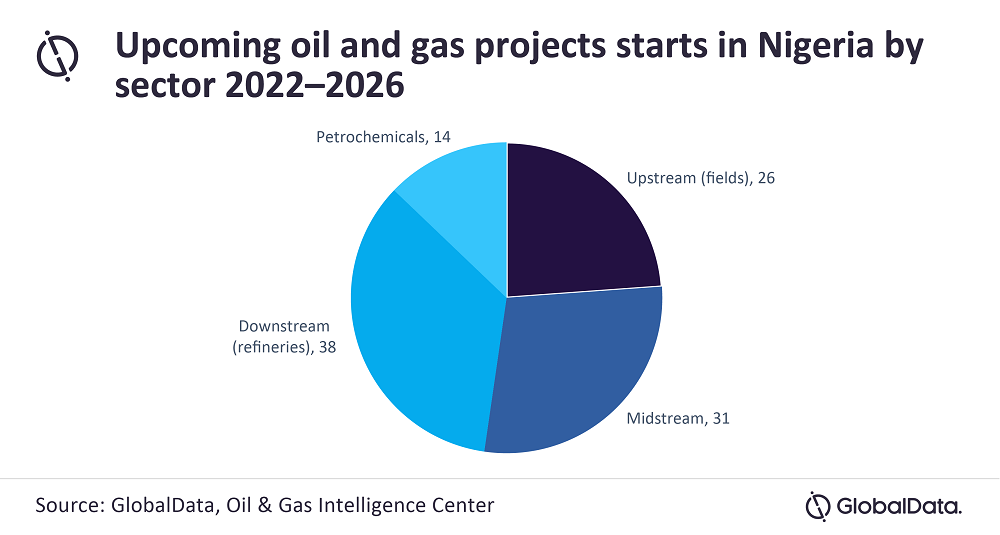Ike Amos
Dublin, Ireland — The inflow of foreign investments into the Nigerian oil and gas industry stood at $2.54 million in the first half of 2022, dropping sharply by 96.3 per cent compared with $68.57 million foreign capital inflow into the sector in the same period in 2021.
 According to data by the National Bureau of Statistics (NBS), in its Nigerian Capital Importation Report for the second quarter of 2022, the flow of foreign funds into the petroleum industry in the first six months of 2022 was 92.36 per cent lower than the $33.25 million inflow recorded in the previous half, the last six months of 2021.
According to data by the National Bureau of Statistics (NBS), in its Nigerian Capital Importation Report for the second quarter of 2022, the flow of foreign funds into the petroleum industry in the first six months of 2022 was 92.36 per cent lower than the $33.25 million inflow recorded in the previous half, the last six months of 2021.
The NBS further stated that the oil and gas industry accounted for 0.08 per cent of the total foreign capital inflow into the Nigerian economy in the first half of 2022, compared with 2.47 per cent and 0.85 per cent, respectively, in the first half of 2021 and the second half of 2021.
Giving a breakdown of the inflows, the NBS disclosed that in the first quarter of 2022, $0.61 million foreign capital was imported into the oil and gas sector, while $1.93 million foreign capital was imported in the second quarter of the year.
In comparison in the first and second quarters of 2021, $57.25 million and $11.32 million foreign capital were imported into the sector, respectively; while in the third and fourth quarters of 2022, foreign capital imported into the petroleum industry stood at $0.94 million and $32.31 million, respectively.
In general, the NBS noted that the total value of foreign capital imported into the oil and gas sector between January and June 2022 stood at $3.108 billion; rising by 11.76 per cent compared with $2.782 billion inflow recorded in the same period in 2021; and 20.7 per cent lower than the $3.919 billion inflow recorded in the second half of 2021.
In its analysis of foreign investments inflow in the second quarter of 2022, the NBS said: “The total value of capital importation into Nigeria in the second quarter of 2022 stood at $1.535 billion from $875.62 million in the corresponding quarter of 2021, showing an increase of 75.34 per cent.
“When compared to the preceding quarter, capital importation decreased by 2.40 per cent from $1.573 billion. The largest amount of capital importation was received through Portfolio Investment, which accounted for 49.33% ($757.32 million).
“This was followed by Other Investment with 41.09 per cent ($630.87 million) and Foreign Direct Investment (FDI) accounted for 9.58 per cent ($147.16 million) of total capital imported in second quarter 2022.”
Follow us on twitter



